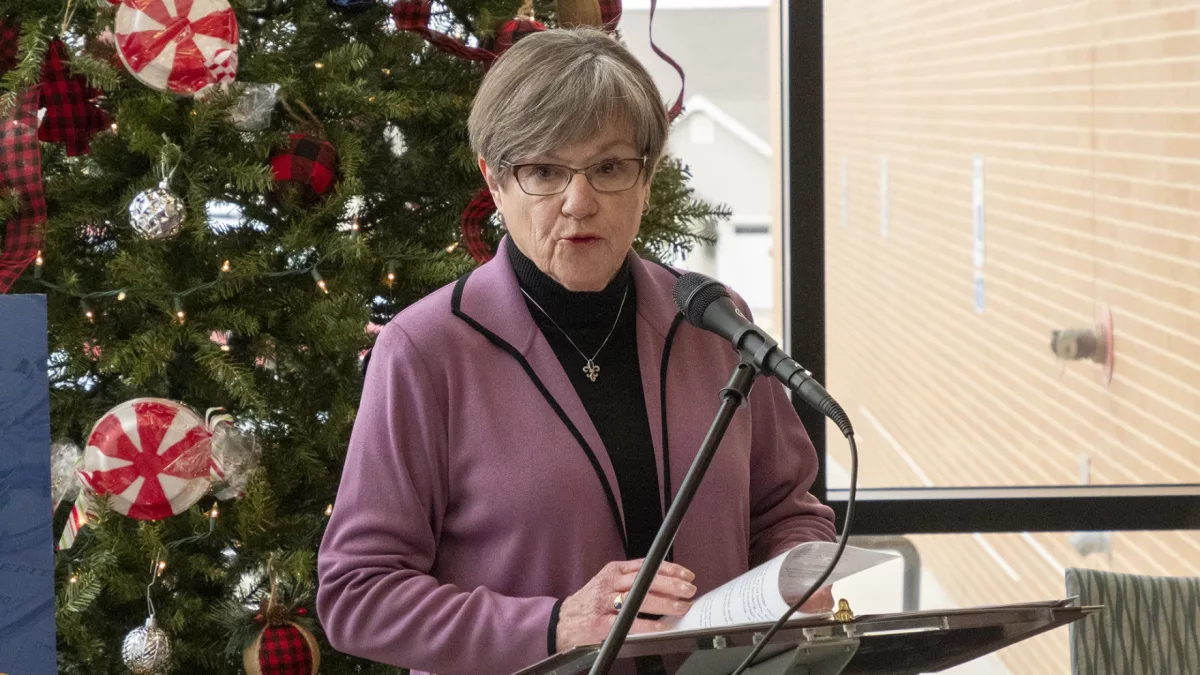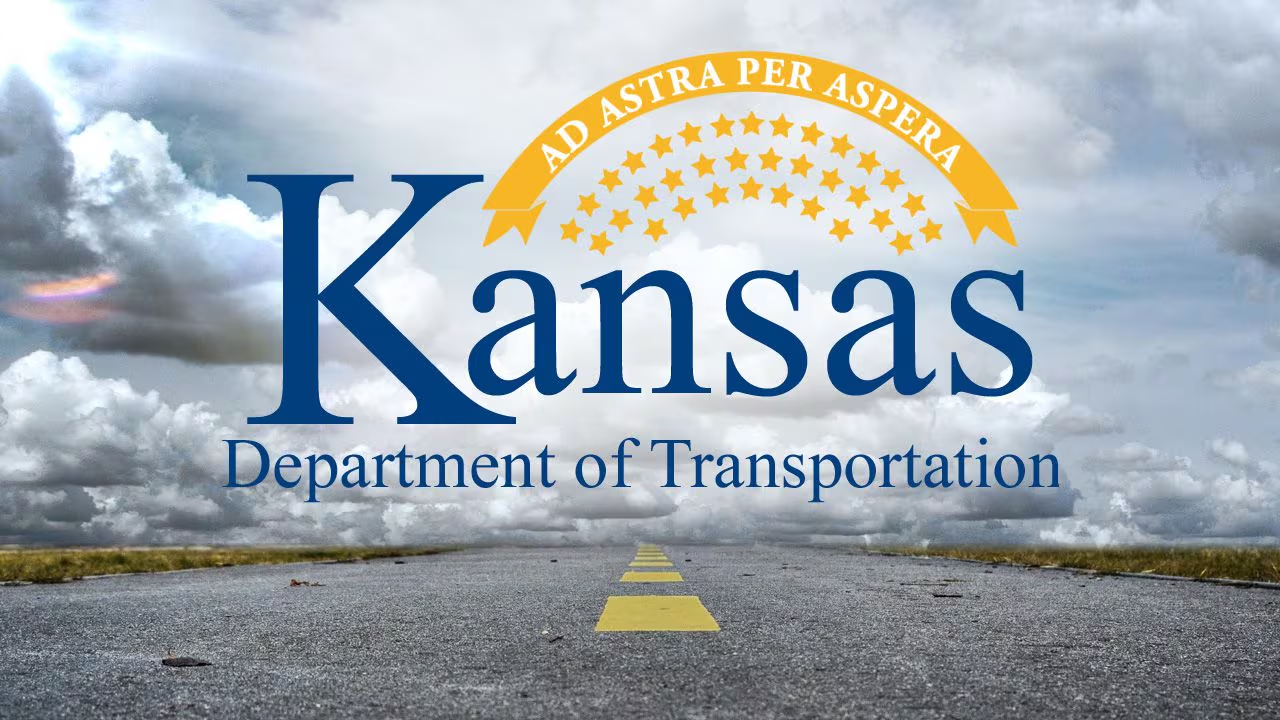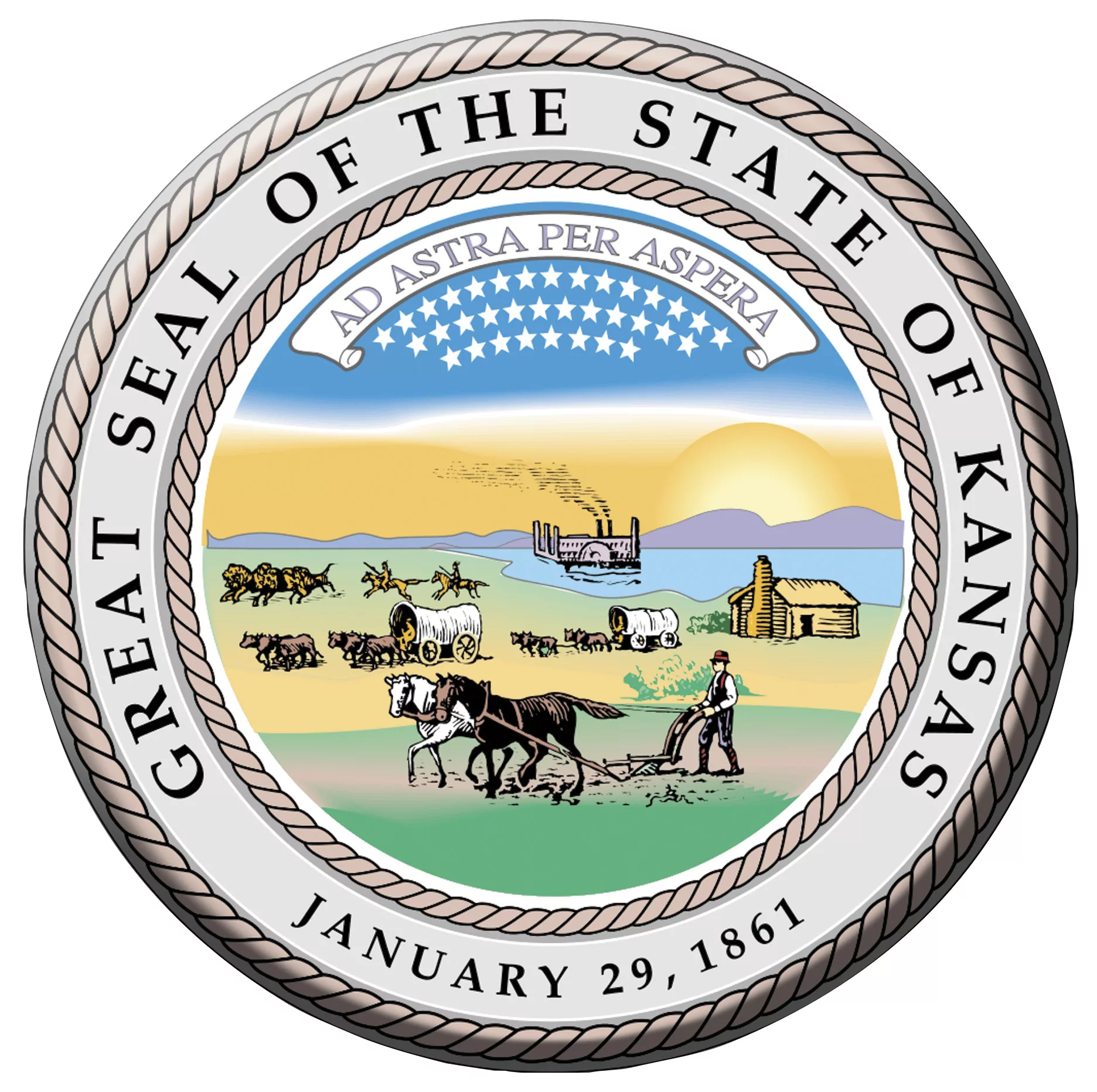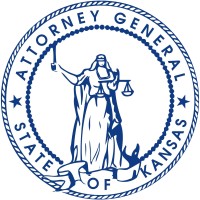As the Kansas legislature gears up for its first hearings on Medicaid expansion in four years, a little- known aspect of the Kansas Medicaid program – known as KanCare – that allows the seizure of patient assets to compensate for paid benefits after they’ve passed away, is getting more attention.
A hearing on Medicaid expansion will be held at 10:30 a.m. Wednesday, March 20, in the old Supreme Court room on the second floor north of the state capital.

Through a process known as estate recovery, which is detailed in every Medicaid recipient’s agreement and reviewed extensively in a PDF publication on the KanCare website, Kansas is mandated by the federal government to tap the assets of Medicaid patients after they die in an effort to reclaim all or a portion of the benefits for which the government paid on their behalf. An Associated Press story by reporter Amanda Seitz published Sunday reviewed the recovery program and its use in various states, including Kansas.
Seitz’ reporting quoted an analysis of the Kansas collection program performed by the US Department of Health and Human Services Office of the Inspector General, Which in summary said the Kansas recovery program was Cost-effective, but that the state often failed to follow its own procedures which most likely affected the programs level of success. Kansas invested $5 million in the collection effort and collected some $37 million from the estates of the deceased, but it could have done better, the report said.
“Kansas did not always operate its MERP (Medicaid Estate Recovery Program) in accordance with federal and state requirements in that it did not always follow its estate recovery procedures. Specifically, for the 30 sampled deceased Medicaid recipients with estate recovery cases that had asset recoveries, we did not find any deficiencies,” the report said.

But it was apparent according to the analysis that the Kansas collection program had not been aggressive enough.
“Furthermore ,” the report said, “we identified 1,095 deceased Medicaid recipients outside of our sampling frame for whom Kansas had not opened an estate recovery case. The deficiencies we identified occurred because Kansas did not always follow its existing estate recovery procedures, the effect of which was that Kansas did not thoroughly pursue estate recovery for all deceased Medicaid recipients and consequently, may not have executed some asset recoveries.”
The AP story reviews a number of case studies in which Medicaid beneficiaries homes and real estate were assessed or had liens placed against them, sometimes totaling hundreds of thousands of dollars.
The Kansas recovery program mandates collection against anyone 55 years of age or older who accessed Medicaid benefits. if the recipient is less than 55 they would only be subject to a state recovery If they’ve been in a long-term care Nursing facility. The system uses agreements with heirs, claims against deceased patient financial accounts and court filings to assess assets, including liens on the recipients’ homes and other real property.Like any creditors claim, the Medicaid assessment typically takes precedent over the quests made to family members or other errors.
Medicaid expansion is a legacy of the Affordable Care Act, known as Obamacare, a vastly expanded federal program using federal tax dollars to match state taxes to cover medical benefits for the poor. Expansion allows the extension of benefits to people who earn up to 38 percent above the poverty level.
Governor Laura Kelly has made Medicaid expansion a primary focus of her second term in office, going so far as to attempt to replace conservative legislators voting against it with Democrats or moderate Republicans via outright campaign lobbying. Opponents, including House Speaker Dan Hawkins, say loweroing the threshold to let as many as 150,000 wealthier individuals into the system designed to help the poor, would be vastly more expensive than proponents say it would be And that some individuals whose income makes them eligible at the present time are unable to get services they need.
Hawkins has vowed there will be no vote on the issue this session.
Dane Hicks is a graduate of the University of Missouri School of Journalism and the United States Marine Corps Officer Candidate School at Quantico, VA. He is the author of novels "The Skinning Tree" and "A Whisper For Help." As publisher of the Anderson County Review in Garnett, KS., he is a recipient of the Kansas Press Association's Boyd Community Service Award as well as more than 60 awards for excellence in news, editorial and photography.





